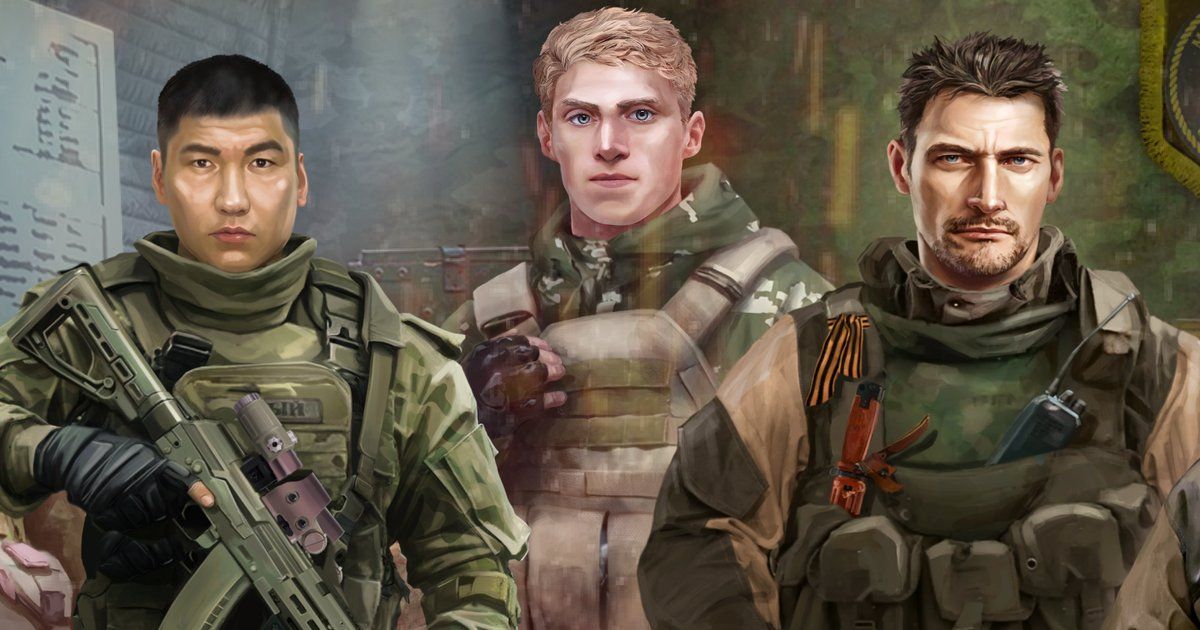Arab States Call for Hamas to Disarm Amid Push for a Palestinian State

© Stephanie Keith/Getty Images

© Stephanie Keith/Getty Images

A senior US diplomat revealed that China has provided cruise missile technology to Russia as part of its support for the country’s military operations, according to statements made during a UN Security Council session.
“North Korea has sent ammunition, missiles, military equipment and approximately 12,000 soldiers to Russia, Iran has provided ballistics, drones and other technologies,” John Kelly, the high-ranking American diplomat, said during the Security Council meeting.
Kelly emphasized China’s particularly crucial role in sustaining Russia’s military capabilities.
“China, as its representatives have noted, does not supply weapons to Russia directly,” he said. “However, China has become a decisive factor contributing to Russia’s military efforts, being the most important supplier to Russia’s military industry.”
According to the diplomat, China has provided Russia with a significant amount of machine tools, microelectronics, optics, drones and cruise missile technology, as well as [a significant amount of] nitrocellulose, which Russia uses to manufacture gunpowder for weapons.
Kelly did not specify which particular cruise missile technology was being referenced in his remarks.
The US official stressed that if China were serious about helping to end the conflict, it would cease supplying these critical components to Russia.
During the same address, the American representative announced that an agreement between Russia and Ukraine must be reached by 8 August, with Washington prepared to take additional measures to ensure peace.
The allegations align with previous Ukrainian intelligence findings from May, which reported discovering over foreign components in Russia’s new “Banderol” cruise missile, including parts from China.
Ukrainian intelligence identified Chinese microchips, what appeared to be a Chinese copy of an Australian telemetry module, a jet engine from China, and an inertial navigation system also possibly from that country.
The Chinese Swiwin engine for model aircraft reportedly is sold through online platforms, with an approximate cost of $16,000 on AliExpress. It remains unclear whether Kelly was referring to the “Banderol” missile or other weaponry.

© By Ashley Wu


© Kenny Holston/The New York Times

© Khamis Al-Rifi/Reuters

© Ralph Tedy Erol/Reuters

© Ralph Tedy Erol/Reuters

© Saher Alghorra for The New York Times


© Saher Alghorra for The New York Times

© Saher Alghorra for The New York Times

© Arash Khamooshi for The New York Times

© Kenny Holston/The New York Times

© Dave Sanders for The New York Times

© Alain Jocard/Agence France-Presse — Getty Images

© Saher Alghorra for The New York Times

© John Thys/Agence France-Presse — Getty Images

© Alain Jocard/Agence France-Presse — Getty Images

© Saher Alghorra for The New York Times

© Eduardo Munoz/Reuters

© Haiyun Jiang/The New York Times

© Tamir Kalifa for The New York Times

© Saher Alghorra for The New York Times

© United Nations Office for the Coordination of Humanitarian Affairs, via Reuters

© Arash Khamooshi for The New York Times

© Hatem Khaled/Reuters
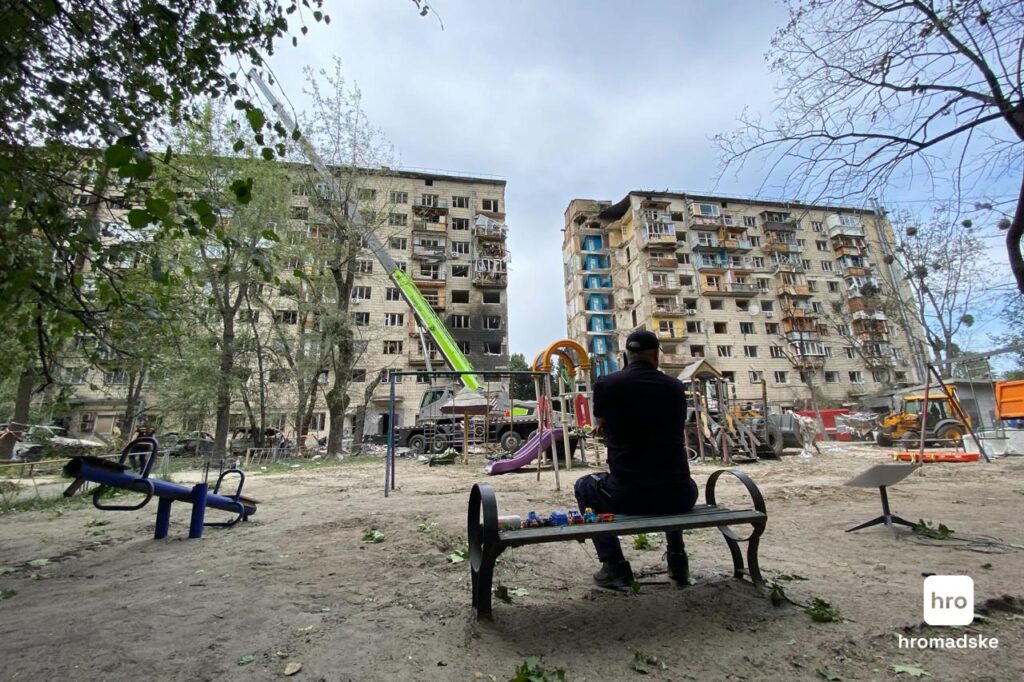
Russia’s war has triggered a tsunami of crises, says Bob Rae, President of the UN Economic and Social Council (ECOSOC) and Canada’s Permanent Representative to the UN. Moscow’s aggression against Ukraine has sparked a global food crisis, mass displacement, and setbacks in achieving the Sustainable Development Goals, UkrInform reports.
Russia shows no signs of being ready to end its war on Ukraine. On the contrary, Moscow is intensifying attacks on civilians and accelerating the arms race with the help of its partners, Iran, China, and North Korea. The logic of power based on nuclear deterrence has effectively been eroded by the development of drones. International law, too, was broken after the annexation of Crimea.
Rae notes that the war has sharply increased food prices for billions of people, endangered food security, and caused large-scale forced migration both within Ukraine and beyond its borders. This poses a serious challenge to the international community, which must ensure that people’s basic needs, especially access to affordable food, are met.
According to Rae, Russia’s effect on the global economy has been consistently negative. Even though inflation is beginning to ease, its effects remain deeply felt in many countries.
The diplomat likens the war’s impact not to “ripples on the water” but to a tsunami, so vast is the scale of the invasion’s consequences on a global level.
At the same time, he emphasizes that despite all challenges, Ukraine remains strong: its economy is holding, and its people continue to resist. Rae expresses hope that international support would remain as resilient as Ukraine itself.
You could close this page. Or you could join our community and help us produce more materials like this.
We keep our reporting open and accessible to everyone because we believe in the power of free information. This is why our small, cost-effective team depends on the support of readers like you to bring deliver timely news, quality analysis, and on-the-ground reports about Russia's war against Ukraine and Ukraine's struggle to build a democratic society.
Become a patron or see other ways to support.

© Ivor Prickett for The New York Times

© Ivor Prickett for The New York Times

Life for children in Ukraine has become increasingly dangerous and deadly, according to the latest U.N. figures, which show a threefold jump in the number of deaths and injuries among children over the three months ending in May.
From March through May, 222 children were killed or injured, compared to 73 in the preceding three months, according to a press release from the U.N. Humanitarian Aid Organization for Children (UNICEF) on July 4.
The statement noted that "the ongoing use of explosive weapons in populated areas has been particularly deadly and destructive."
"There is no respite from the war for children across Ukraine," UNICEF Regional Director for Europe and Central Asia, Regina De Dominicis, said. "The situation for children is at a critical juncture, as intense attacks continue to not only destroy lives but disrupt every aspect of childhood."
In April alone, UNICEF noted, 97 children were killed or maimed, which was the highest figure that the U.N. has been able to verify since June 2022. Among the attacks in April was a strike on a playground in Kryvyi Rih, which killed nine children.
Recent months have seen some of the war's deadliest attacks on civilians, as Russia steps up its aerial strikes on civilian areas and launches record numbers of drones. Russia has dramatically increased its production of these weapons and is now capable of launching in a single night as many drones as it did over an entire month in early summer 2024.
At the same time, the U.S has halted a shipment of weapons that includes air defense missiles, which Ukraine critically needs to defend itself from Russia's attacks.
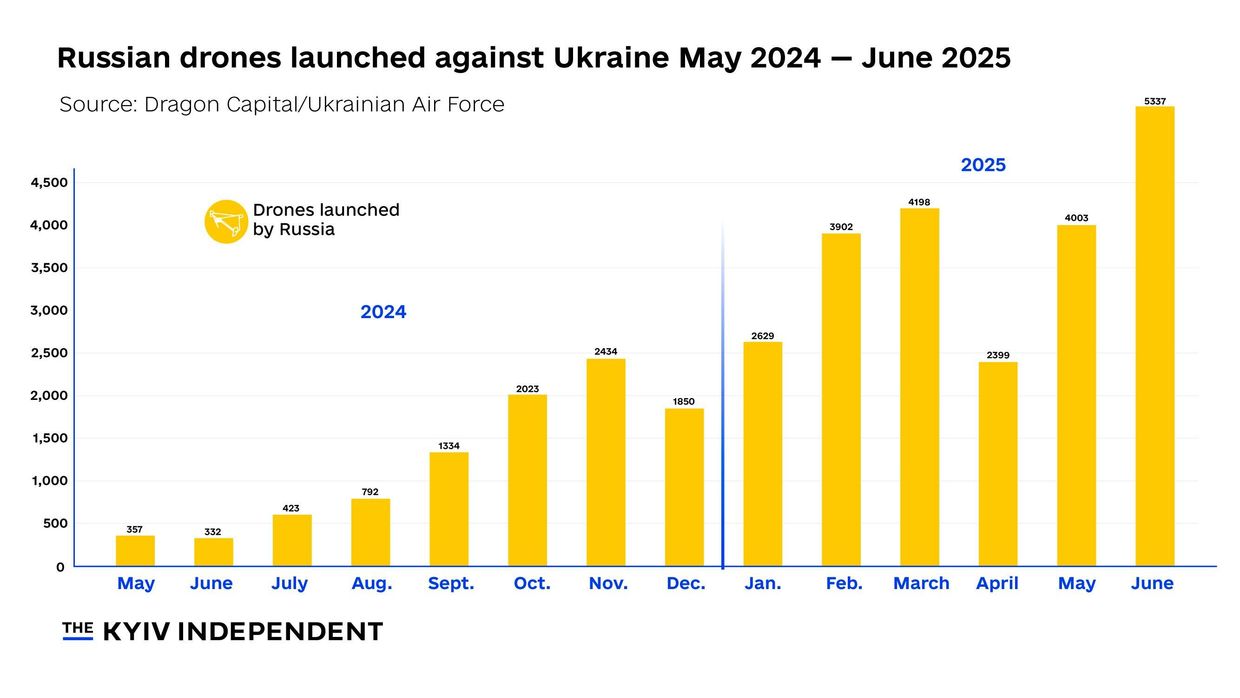
 The Kyiv IndependentThe Kyiv Independent news desk
The Kyiv IndependentThe Kyiv Independent news desk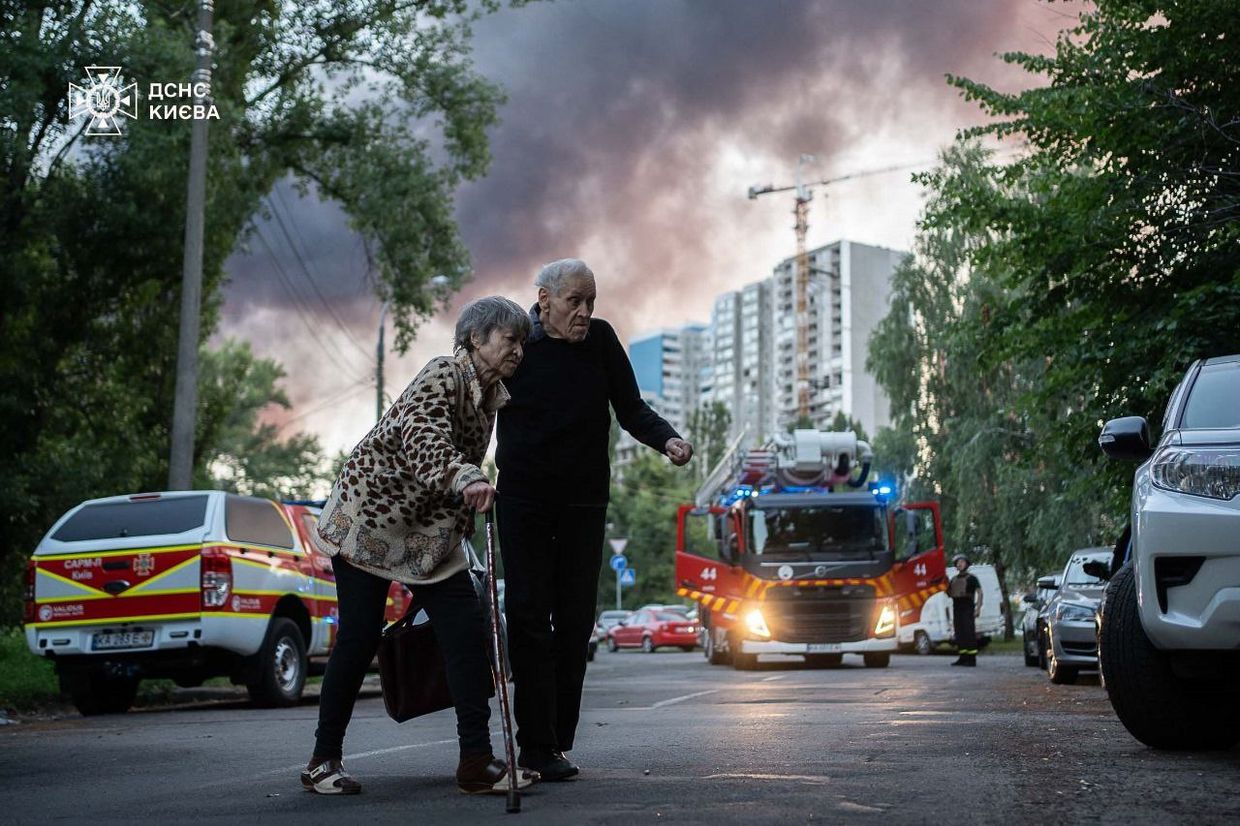
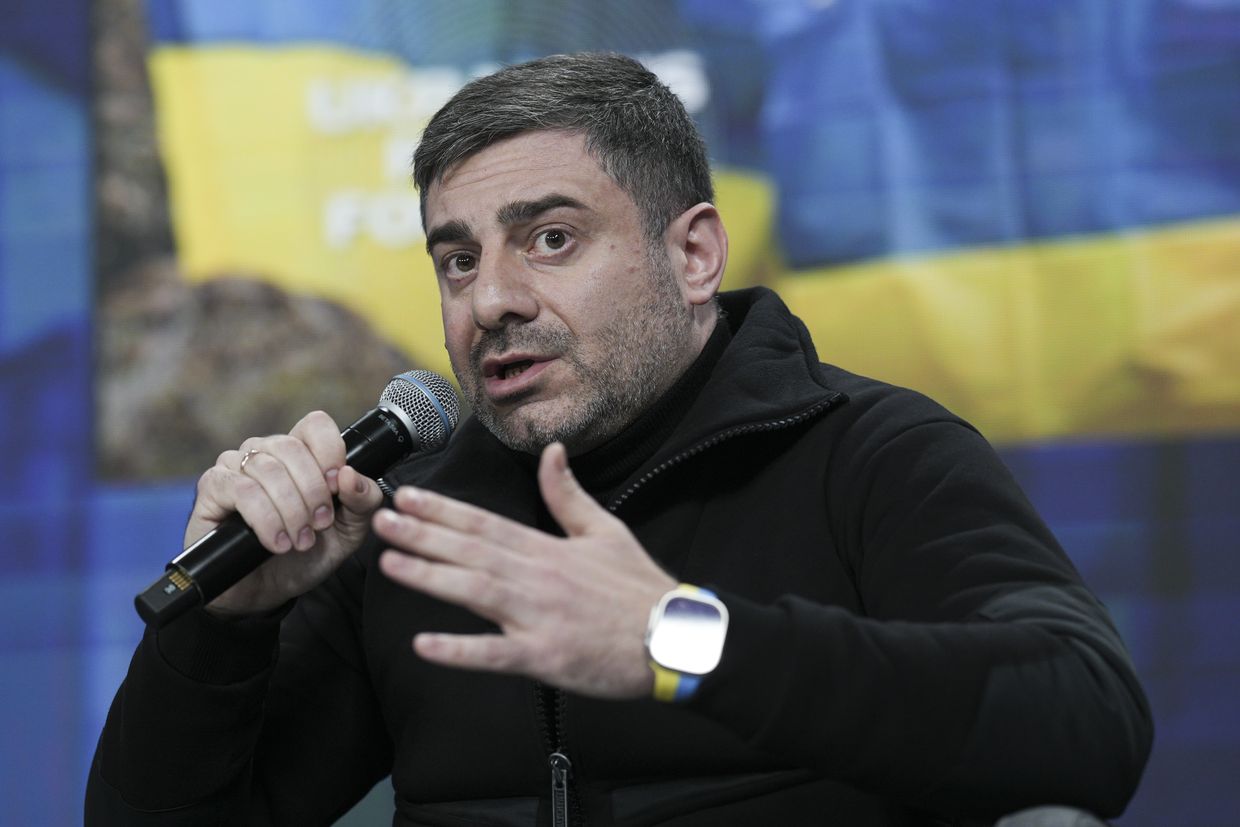
An internal U.N. analysis has found Russia responsible for a 2022 explosion at Olenivka prison, which killed over 50 Ukrainian prisoners of war (POWs), Ombudsman Dmytro Lubinets said on June 30.
"(A)n internal analysis of the U.N. showed that it was the Russian Federation that planned and carried out the attack," he said in a post to social media.
Lubinets referred to a report by the Center for Human Rights in Armed Conflict, whose website features only the investigation into the Olenivka explosion.
The investigation, published on June 26, reads that an "internal U.N. analysis concluded that it was the Russian Federation who planned and executed the attack," though the U.N. did not publicly acknowledge Russia's responsibility.
Russia has denied being responsible for the attack but prevented efforts by the international community to independently investigate the attack and contaminated evidence at the site, according to a report published by the U.N.
Kyiv has said that days before the July 2022 attack, Russia deliberately put Ukrainian members of the Azov Regiment, who were awaiting a prisoner exchange, in a separate part of the Olenivka prison building that was later destroyed in the explosion.
"The report identifies the weapons and ammunition that the Russian Armed Forces used to kill Ukrainian prisoners of war, and also examines in detail the planning, organization, and execution of the murder," Lubinets said.
The ombudsman noted that the U.N. fact-finding mission on Olenivka was disbanded due to a lack of security guarantees, adding that the mission has previously refused to review evidence provided by Ukraine.
Russia has repeatedly violated international conventions protecting the rights of POWs as it continues to carry out its war against Ukraine.
A Russian military court has convicted 184 Ukrainian POWs captured in Kursk Oblast of acts of terrorism, Mediazona reported on June 25.
The POWs captured in Kursk were charged with carrying out a grave terrorist act by a group of individuals, as outlined by the Russian Criminal Code.
Junior Lieutenant Yevhen Hoch was convicted of allegedly carrying out an act of terrorism by taking part in Ukraine's Kursk Oblast incursion.
 The Kyiv IndependentYuliia Taradiuk
The Kyiv IndependentYuliia Taradiuk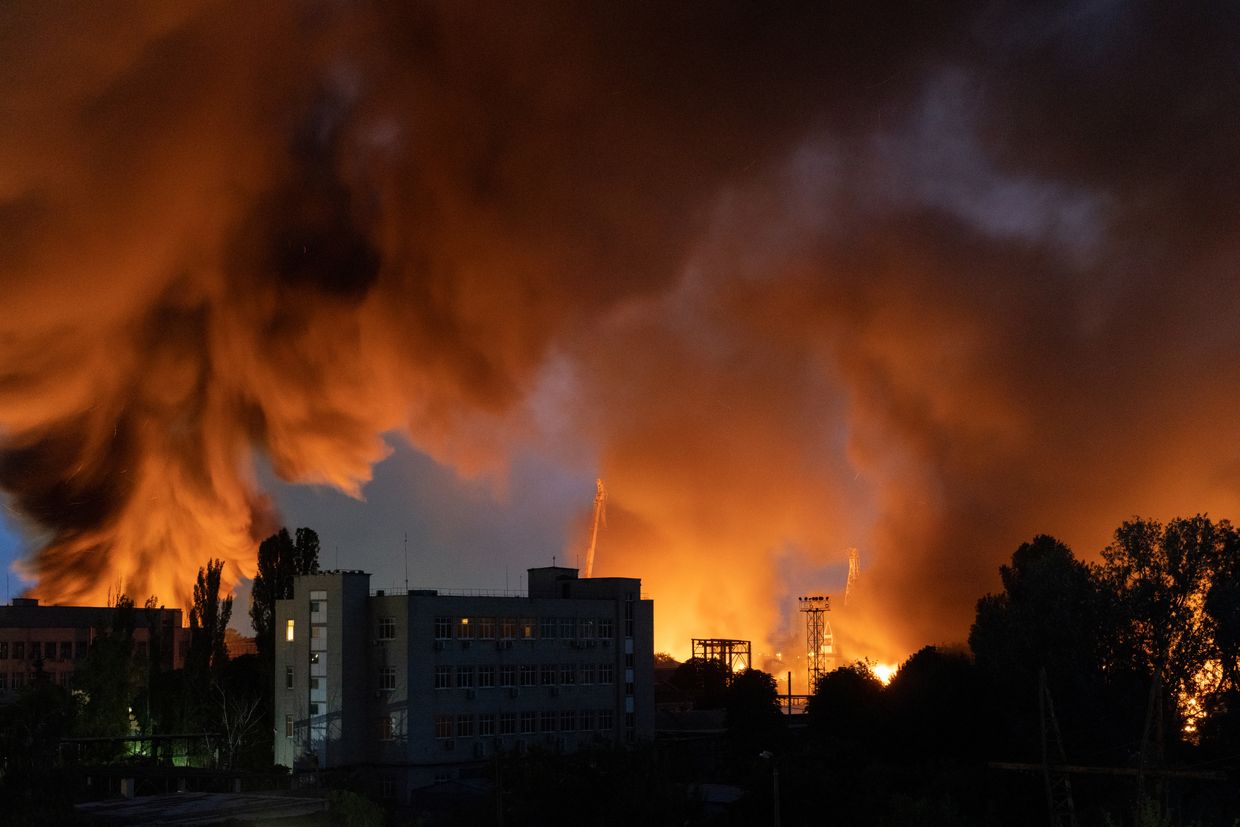
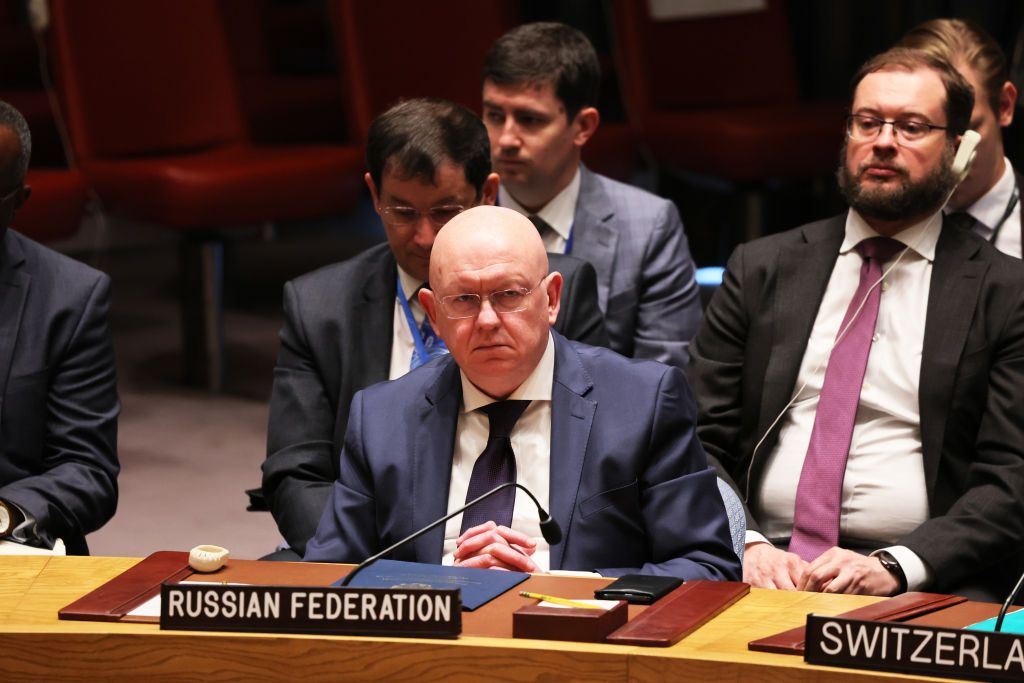
Russia's memorandum on a peace proposal is the "best offer Ukraine can get today," Russia's envoy to the United Nations (UN), Vasily Nebenzya, said at a UN Security Council meeting on June 20.
"During the direct Russian-Ukrainian talks that were held, we presented our memorandum on a peaceful settlement. It consists of two parts: conditions for a comprehensive long-term peace and conditions for a ceasefire," Nebenzya said.
"This is the best offer Ukraine can get today. We advise accepting it as things will only get worse for Kyiv, from here on out," he said.
At Istanbul peace talks on June 2, Russian negotiators told the Ukrainian delegation that their so-called "peace memorandum" is an ultimatum Kyiv cannot accept, President Volodymyr Zelensky said in an interview published on June 10.
"They even told our delegation: we know that our memorandum is an ultimatum, and you will not accept it," Zelensky said. "Thus, the question is not the quality of the Istanbul format, but what to do about the Russians' lies."
"In Istanbul, we also agreed on a large-scale exchange of prisoners of war," Nebenzya said at the UN Security Council meeting on Ukraine.
Aside from agreeing on large-scale prisoner exchanges, peace negotiations between Ukraine and Russia have been largely inconclusive as Moscow continues to issue maximalist demands toward Kyiv.
Nebenzya noted that Ukraine and Russia should resume direct peace talks in Turkey after June 22, despite Russia's intensified drone and missile attacks on Ukraine.
On June 17, a Russian drone and missile attack on Kyiv killed 30 people and injured another 172. The nearly nine-hour-long strike saw Moscow's forces launch large numbers of drones and missiles at Ukraine's capital.
Russia's statements diverged from those of other speakers at the UN Security Council meeting on June 20.
"We call on Russia to agree to an unconditional ceasefire. Russia initiated this war; we call on Russia to end it," Barbara Woodward, the U.K.'s Permanent Representative to the UN, said.
Russia has illegally laid claim to five Ukrainian regions despite not controlling all of the territory. The regions include Donetsk, Luhansk, Zaporizhzhia, and Kherson oblasts, as well as the Autonomous Republic of Crimea.
 The Kyiv IndependentKateryna Hodunova
The Kyiv IndependentKateryna Hodunova